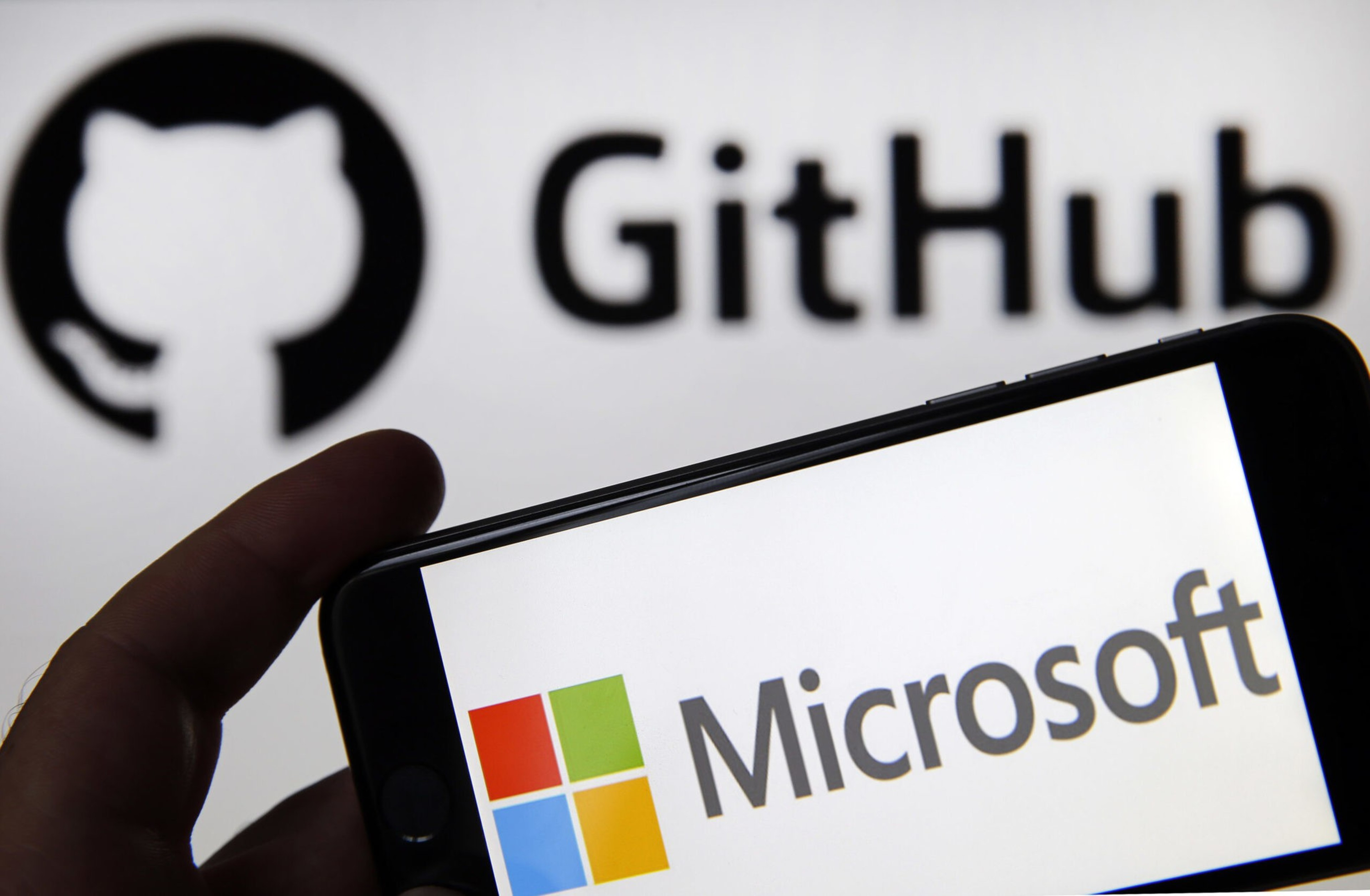With the rollout of AI media and text generators, artificial intelligence has suddenly been thrust into our everyday lives. Social media has been flooded with avatars created by the Lensa app, while ChatGPT can spout anything from poetry to a college admission essay.
Experts say lawyers will be playing catch up as concerns mount about the technology taking others’ work without their permission. One San Francisco law firm is leading the charge when it comes to holding AI companies accountable.
In November, Joseph Saveri Law Firm filed a class-action lawsuit (opens in new tab)in U.S. Federal Court against a slew of defendants that includes two San Francisco companies, OpenAI and GitHub, along with GitHub’s owner Microsoft.
In June, Microsoft subsidiary GitHub and OpenAI released Copilot, a professional programming tool that helps coders. In short, it’s a tool that suggests code (opens in new tab) similar to how Gmail’s auto-complete suggests ways to end your sentences.
“As far as we know, this is the first class-action case in the U.S. challenging the training and output of AI systems,” co-counsel Matthew Butterick wrote (opens in new tab).

The complaint alleges that the companies violated the rights of creators who contributed to GitHub under open-source licenses. Those licenses require that a creator’s name and copyright be attributed to their work, but Joseph Saveri says the companies have failed to do that.
The firm also claims that the companies are in violation of GitHub’s own terms of service and privacy policies by selling creators’ code.
“This is the first step in what will be a long journey,” Butterick wrote.
In March, federal judge Jon Tigar will likely determine when the case will go to trial.
